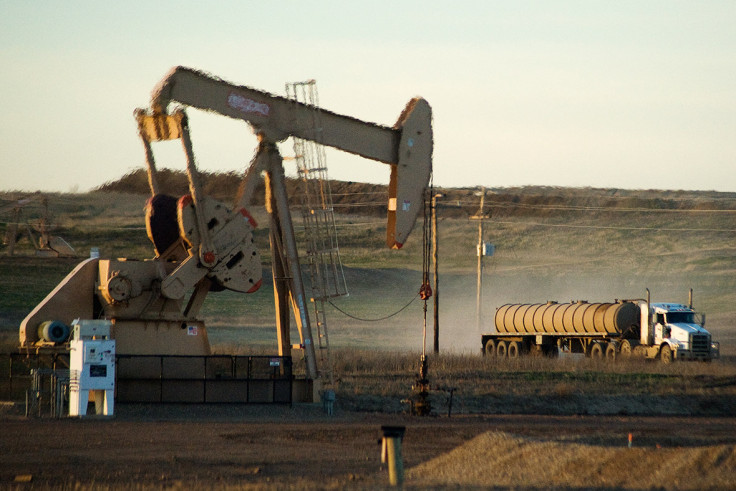Goldman Sachs warns Opec meeting in Doha will not deliver 'bullish surprise' for oil prices

The meeting of oil producing nations scheduled at the end of the week in Doha was unlikely to result in a "bullish surprise" for oil prices, Goldman Sachs has warned. The investment bank said there was a very low chance that the 17 April meeting could result in a freeze of oil production that is required to lift global prices of the commodity, which has fallen more than 70% since June 2014.
Oil prices would maintain its earlier price forecast of $35 (£24.58, €30.68) per barrel in the second quarter, it added.
Around 15 major oil producers including both Opec and non-Opec nations such as Saudi Arabia and Russia are expected to meet at the Qatari capital. While this is set to be one of the most important and closely viewed oil meetings in years, many analysts, apart from those at Goldman, were of the opinion that the outcome would be disappointing and would lack the much needed "fireworks".
News about the proposed meeting had helped oil prices bounce back from its January lows of below $27 a barrel to the current $40 levels. However, now Goldman Sachs in its note, entitled Doha Is No Panacea said there was a "multitude of potential production growth sources" that would result in the growth of Opec crude production.
"We see greater odds that the Doha meeting delivers a bearish catalyst for oil prices. Ultimately, we believe the biggest hurdle to reaching any meaningful agreement will be the conflicting Saudi and Iranian stances, with Iran repeatedly stating that it would continue to grow production and regain its market share and its participation to the Doha meeting still uncertain," Goldman Sachs said.
This follows Iranian officials stating on 17 February that Tehran will continue to increase its oil production, pouring cold water on suggestions that the country will collaborate with Russia and Saudi Arabia to freeze output. Saudi Arabia, which had on the previous day agreed to freeze output after holding talks with several members of Opec, backtracked on its decision later in February.
While a new pledge to freeze oil production is far from guaranteed, Goldman's analysts, Damien Courvalin, Jeffrey Currie, Abhisek Banerjee and Raquel Ohana, noted that even if such an agreement falls in place at the Doha meeting "it would not accelerate the rebalancing of the oil market as Opec (ex. Iran) and Russia production levels have this year remained close to our 2016 average annual forecast of 40.5 million barrels a day."
© Copyright IBTimes 2025. All rights reserved.





















